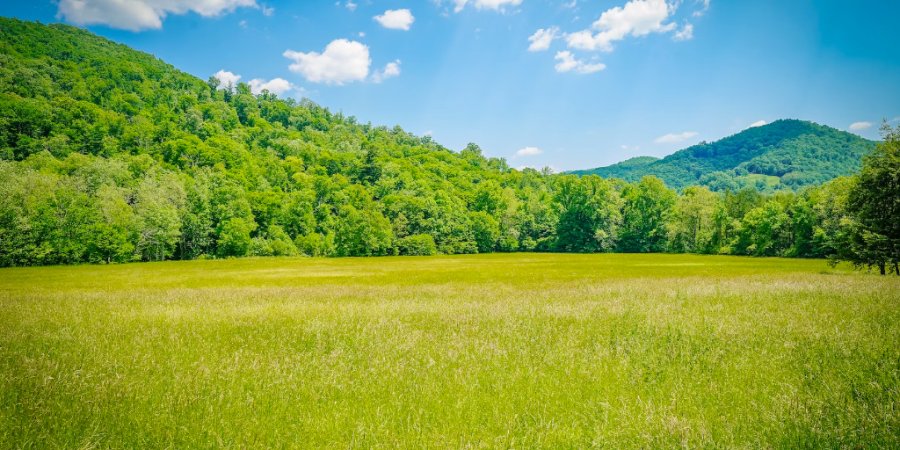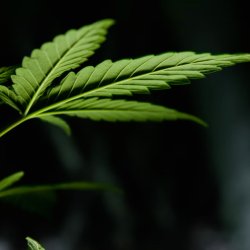The Environmental Impact of CBD Oil Production

The rise of CBD oil in the wellness industry has been nothing short of meteoric. As consumers increasingly turn to this natural remedy for a myriad of ailments, the demand for CBD oil has skyrocketed. But with this surge in popularity comes a pressing question: What is the environmental impact of CBD oil production? In this article, we'll delve into the ecological footprint of this burgeoning industry.
The Agricultural Footprint of Hemp Cultivation
Hemp, the primary source of CBD oil, has been cultivated for thousands of years for its fiber, seeds, and oil. Its recent resurgence, primarily for CBD extraction, has implications for the environment.
Land Use and Soil Health
Hemp is often praised for its ability to grow in various soil types and climates. While this adaptability is a boon, the scale at which it's now being cultivated can strain land resources.
-
Crop Rotation: Hemp can be part of a sustainable crop rotation system, helping to break disease cycles and improve soil health.
-
Pesticides and Herbicides: Hemp has natural resistance to many pests, reducing the need for chemical interventions. However, large-scale cultivation might still resort to pesticides, impacting local ecosystems.
Water Consumption
Hemp is relatively drought-resistant, but like all crops, it requires water. The water footprint can vary based on the region and farming practices. In areas facing water scarcity, large-scale hemp cultivation can exacerbate the problem.
Extraction Processes and Their Impacts
Once the hemp is cultivated, CBD must be extracted from the plant. This extraction process can have varying environmental impacts.
CO2 Extraction
CO2 extraction is a popular method for obtaining CBD oil. It involves using carbon dioxide under high pressure and low temperatures.
-
Pros: This method doesn't use solvents, making it environmentally friendly. The machinery can also be recycled, reducing waste.
-
Cons: The initial energy consumption for the machinery can be high, contributing to its carbon footprint.
Solvent Extraction
This method uses solvents like ethanol or butane to extract CBD.
-
Pros: It's a less expensive method compared to CO2 extraction.
-
Cons: The use of solvents can lead to environmental contamination if not properly managed. Residual solvents in the final product can also pose health risks.
Packaging and Distribution
The environmental impact of CBD oil isn't just limited to its production. Packaging and distribution also play a role.
Packaging Concerns
The CBD industry, like many others, often relies on plastic packaging. This contributes to the global plastic waste problem. However, there's a growing shift towards sustainable packaging solutions, such as glass or biodegradable plastics.
Transportation Carbon Footprint
As CBD oil gains global popularity, its transportation across long distances increases its carbon footprint. Local sourcing and production can help mitigate these emissions.
The Road to Sustainability
With growing awareness of the environmental impacts, many in the CBD industry are taking steps towards more sustainable practices.
Organic and Regenerative Farming
Adopting organic farming practices can reduce the environmental strain. Regenerative agriculture, which focuses on improving soil health and biodiversity, can further enhance sustainability.
Transparent Supply Chains
Brands that prioritize transparency allow consumers to trace the product's journey, ensuring that every step is environmentally conscious.
Consumer Responsibility and Eco-conscious Choices
As the demand for CBD oil continues to grow, consumers play a pivotal role in shaping the industry's environmental impact. By making informed choices, consumers can drive the market towards more sustainable practices.
Educating Oneself
Understanding the environmental implications of CBD oil production allows consumers to make informed purchasing decisions. Brands that prioritize sustainability often share their practices, from cultivation to packaging.
Supporting Sustainable Brands
By choosing to buy from brands that prioritize eco-friendly practices, consumers can send a clear message about the importance of sustainability. This not only benefits the environment but also encourages other brands to adopt similar practices. For those looking to make informed decisions, check out the top CBD companies that are leading the way in sustainable practices.
Regulatory Landscape and Environmental Oversight
Government regulations and industry standards can play a significant role in minimizing the environmental impact of CBD oil production.
Setting Standards
Establishing clear environmental standards for the cultivation of hemp and the production of CBD oil can ensure that the industry grows sustainably. This includes guidelines on water usage, pesticide application, and waste management.
Encouraging Research
Supporting research into more eco-friendly extraction methods and sustainable farming practices can pave the way for innovations that reduce the industry's environmental footprint.
The Bigger Picture: CBD in the Context of Global Sustainability
While the focus of this article is on CBD oil, it's essential to view its environmental impact in the broader context of global sustainability efforts.
A Piece of the Puzzle
Every industry, from fashion to technology, has a role to play in global sustainability. The CBD industry, though relatively new, is no exception. By addressing its environmental challenges, it can contribute to a more sustainable future.
Collaborative Efforts
Collaboration between farmers, producers, researchers, and consumers can lead to holistic solutions that benefit both the environment and the industry. Sharing knowledge, resources, and best practices can drive the industry towards a greener future.
Conclusion
The environmental impact of CBD oil production is multifaceted, encompassing agricultural practices, extraction methods, packaging, and distribution. As the industry continues to grow, it faces both challenges and opportunities in its sustainability journey. By prioritizing eco-friendly practices, supporting research, and fostering collaboration, the CBD industry can not only meet the demands of its consumers but also contribute positively to global sustainability efforts. As consumers, staying informed and making eco-conscious choices can go a long way in shaping a greener future for CBD oil.
More to Read:
Previous Posts:





